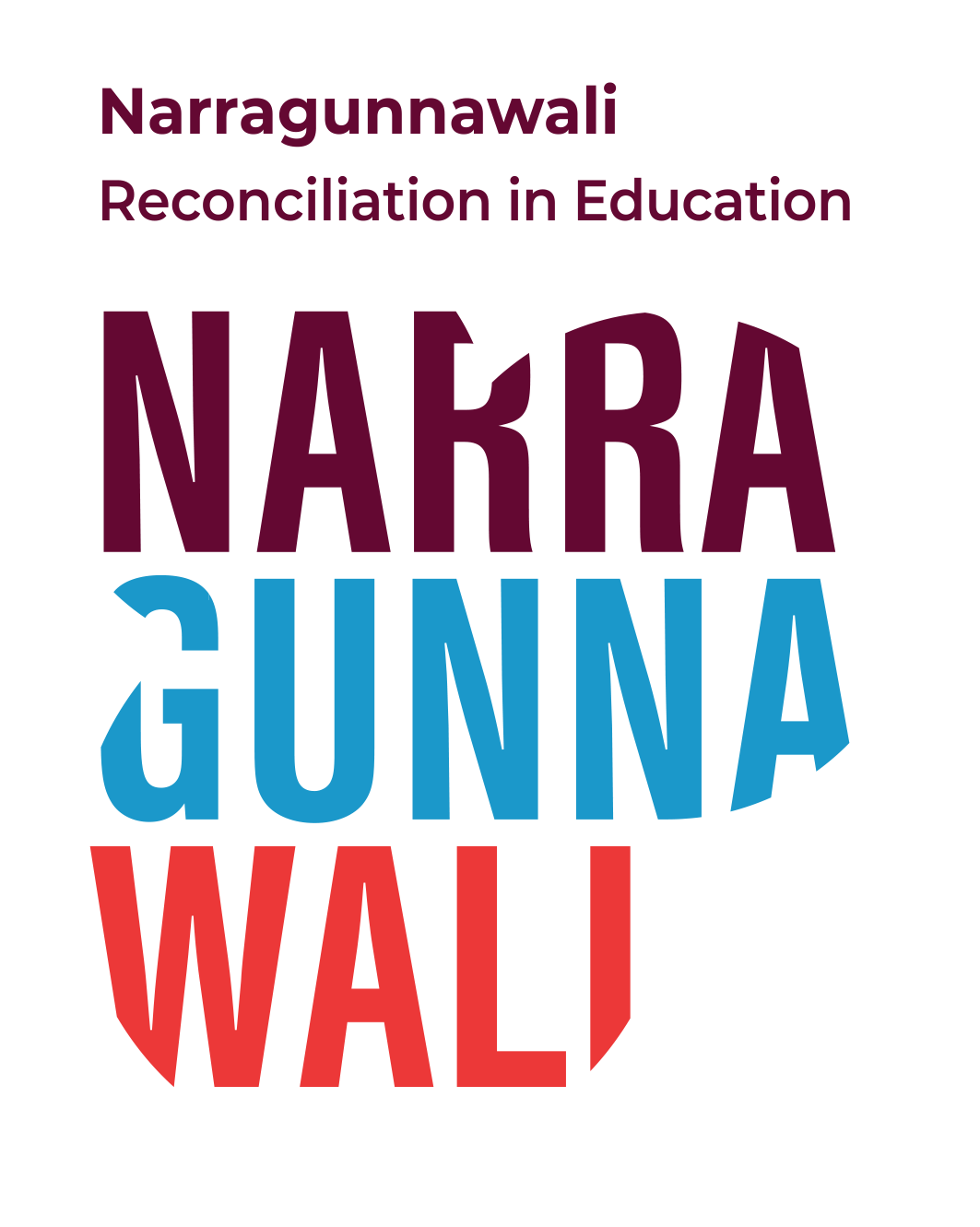The guiding information below responds to some frequently asked questions about submitting your RAP for review, approval and publication.
Please contact us if you have any further questions.
-
When can our RAP be submitted for review, approval and publication?
Your RAP will be able to be submitted for final review and publication if:
•You have established your RAP Working Group
•Completed the Reflection Survey
•Written a Vision for Reconciliation
•Added at least the required Actions to your RAP, and ensured that there are no incomplete, overdue Deliverables set against these Actions.
Any Chair of your Working Group can visit the 'Your RAP' tab to submit the RAP to the Principal/Director for approval.
Upon submitting the RAP, you will also be required to confirm:
-
That respectful and inclusive terminology has been used throughout the RAP, with consideration of the cultural safety of Aboriginal and/or Torres Strait Islander people reading the Vision statement or contributing to its development/review, including representatives from Reconciliation Australia’s Narragunnawali team.
-
That each Working Group member has been given the opportunity to contribute to the RAP’s development, and consents to having their name visible on the final RAP document. Where you have listed any RAP Contributors, these individuals should also have consented to having their names visible on the final RAP document.
-
That the Principal/Director has reviewed and approved the details in the RAP, including the Vision for Reconciliation, added RAP Actions, and associated Goals and/or Deliverables.
-
That your school or service community will commit to all added RAP Actions, with Working Group members ensuring that associated Deliverables remain up to date, even after the RAP has been published.
When the Principal/Director approves the RAP via the Narragunnawali platform, they also have the option to enter a note to Reconciliation Australia’s Narragunnawali team, to explain any context or considerations for the team to be aware of when reviewing the RAP. The RAP – and any note entered upon approval – is then automatically sent to Reconciliation Australia, who will review the RAP’s Vision for Reconciliation and Acknowledgement of Country statements before publishing the RAP.
RAP Working Group Chairs can expect to hear from Reconciliation Australia within 1-4 weeks whether the RAP has been published successfully, or you will receive an email with suggested updates for consideration (mainly in alignment with the Narragunnawali Terminology Guide) before publication.
-
-
What happens when our RAP has been published?
Once your RAP has been published by Reconciliation Australia, you will be able to download a published version of your RAP document and poster under the ‘Your RAP’ tab.
Your school or early learning service will also appear on the Who has a RAP? map. This interactive map resource can be used by schools and early learning services to learn about other visions for reconciliation, and connect with other local schools and early learning services to build networks and communities of practice.
As your RAP remains public for 12months, you will be prompted to refresh your RAP towards the end of the 12 month period.
-
Why should we have our RAP published?
Having your RAP published is a meaningful opportunity to formalise your school or early learning service’s commitments to reconciliation and share these with the wider community. It is also an opportunity to celebrate RAP progress, as well as to hold your school or early learning service accountable to actively taking the next steps on its reconciliation journey.
Upon a RAP’s publication, Working Group members will also be notified about the opportunity to join in on an online Learning Circle session. Facilitated by the Narragunnawali team, these Learning Circles are designed to support deeper conversation and collaboration in response to RAP commitments, and to build a strong national network of reconciliation in education champions.
Having a published RAP is also part of the eligibility criteria for the Narragunnawali Awards - an opportunity to share and celebrate your school or early learning service's reconciliation story as part of the only national Awards program that recognises exceptional commitment to strengthening relationships, respect and opportunities in the classroom, around the school or service, and with the community.
-
Any other questions?
Contact us: narragunnawali.org.au/contact-us

